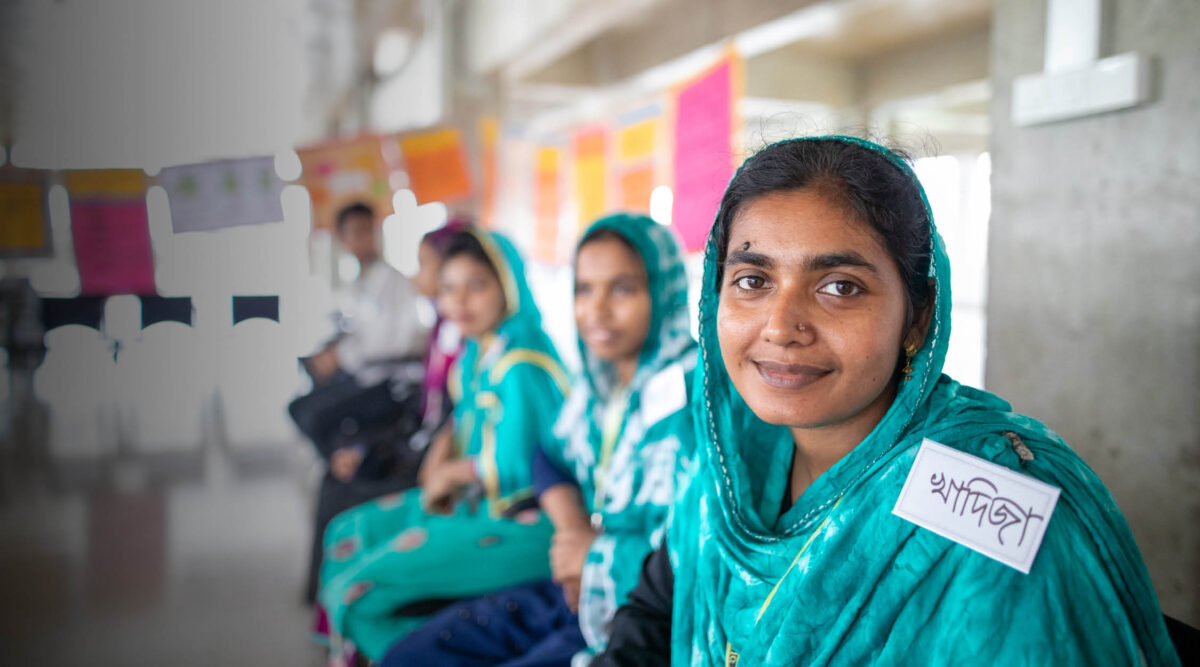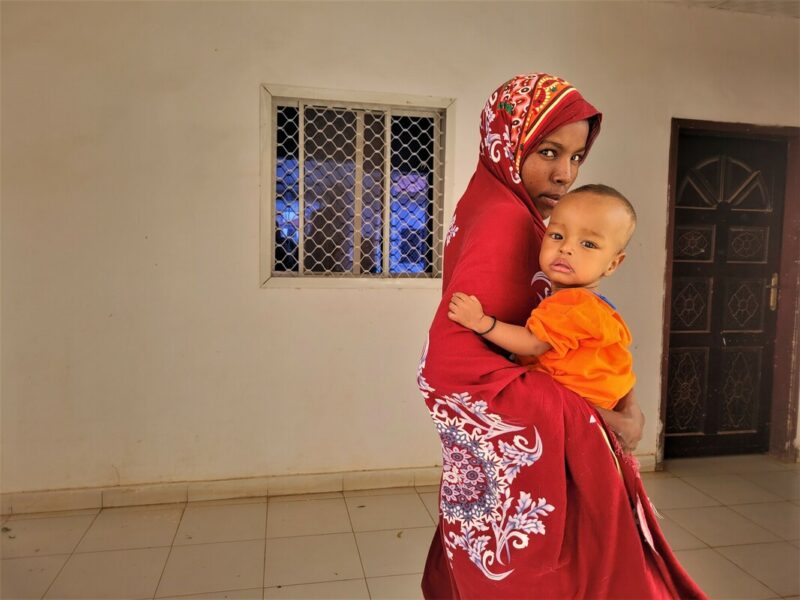The humanitarian crises you haven't read about in the news
The humanitarian crises you haven't read about in the news
The 10 most under-reported crises of 2019
Australia’s tragic bushfires made headlines all around the globe as we entered 2020, but there are some humanitarian crises further afield you may not have seen in the media.
For the fourth year in a row, CARE has analysed millions of online media articles from around the world to see which crises have received the least coverage. These are the forgotten ten – the places where people are suffering in silence.
1. Madagascar: Hungry and forgotten
This island nation off the coast of Africa has a reputation as a tropical paradise with amazing wildlife. But over the past few years, Madagascar has been in the grips of a severe drought.
This is particularly bad news for a country where most people live off the land. Every second child under five is so malnourished that they’re growing much slower than they should be.
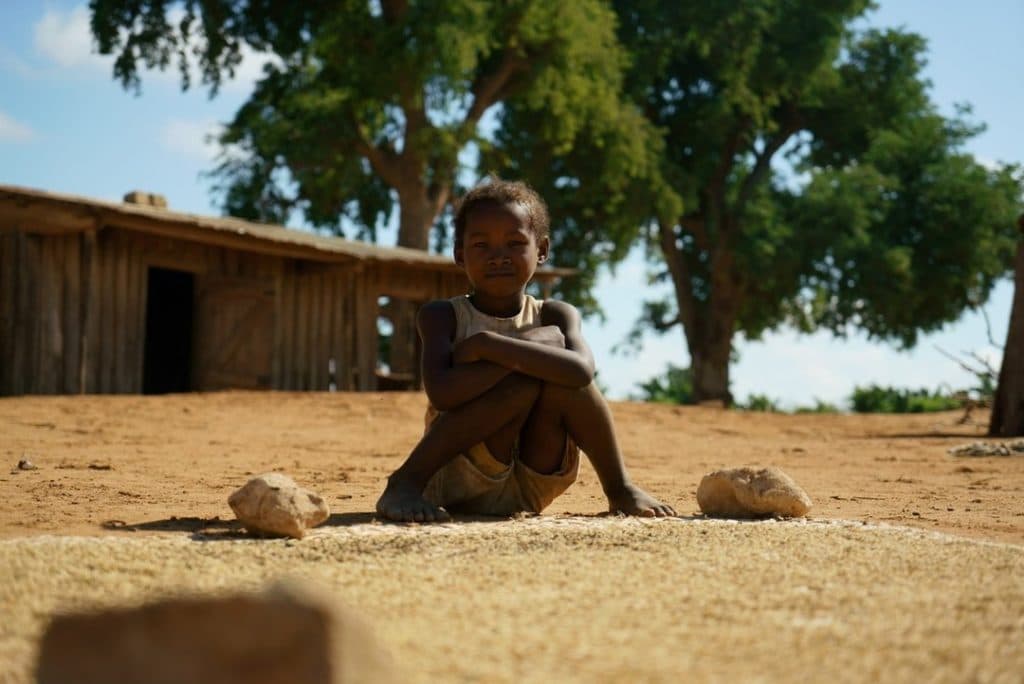
2. Central African Republic: A brutal conflict in the heart of Africa
Despite the signing of a peace deal in early 2019, civil war rages on in the Central African Republic. One in four people have been forced to flee their homes.
Among them is nine-year-old Khadija and her eight-month-old sister (pictured). They’ve escaped to neighbouring Chad, where CARE is helping their family piece their lives back together.
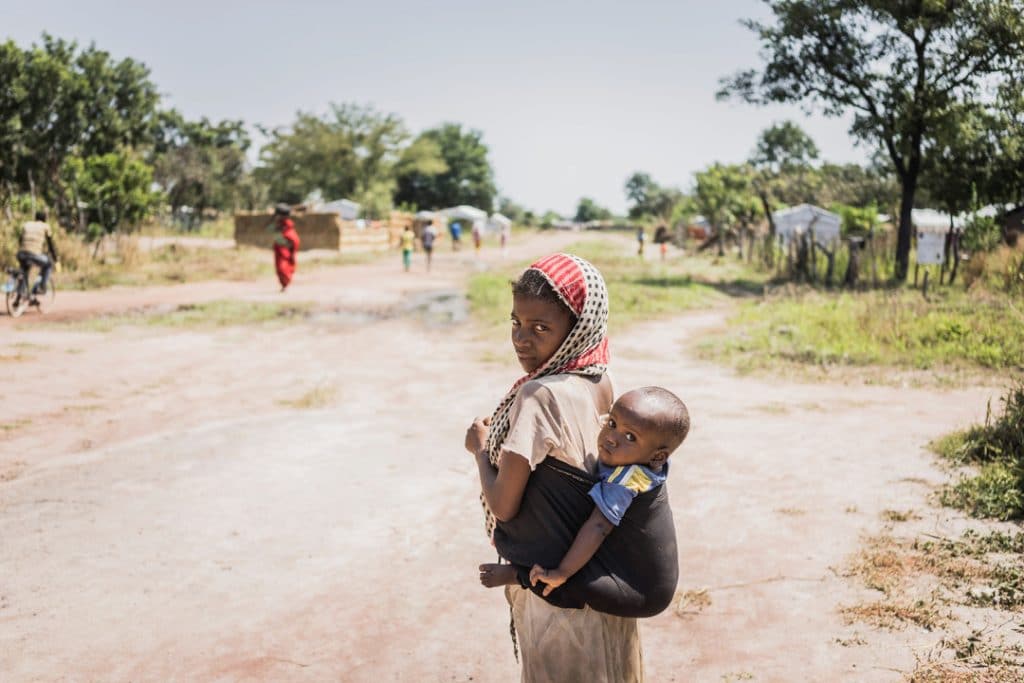
3. Zambia: On the frontline of climate change
Temperatures in southern Africa are rising at about twice the global rate, and people in Zambia are feeling the change acutely.
Moono, a farmer, had to sell her livestock and take her children out of school in order to afford food. This still wasn’t enough, and sometimes the family was forced to scavenge for wild roots to eat. CARE is helping families like Moono’s to have better access to nutritious food.
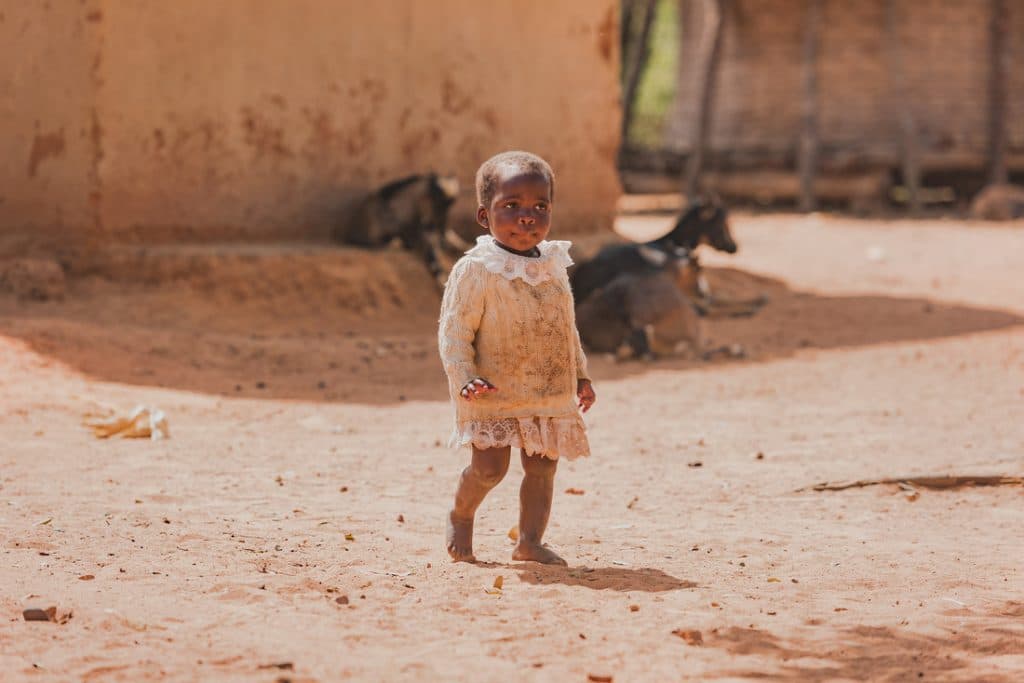
4. Burundi: Instability fuelling a humanitarian crisis
Tiny Burundi is tucked just below equally-as-tiny Rwanda, but much less is known about the violence that has gone on within its borders.
The fifth poorest country in the world, conflict and climate change have combined to create a severe humanitarian crisis. The situation for journalists became increasingly difficult in 2019, with the BBC and another international media outlet banned from broadcasting within the country.
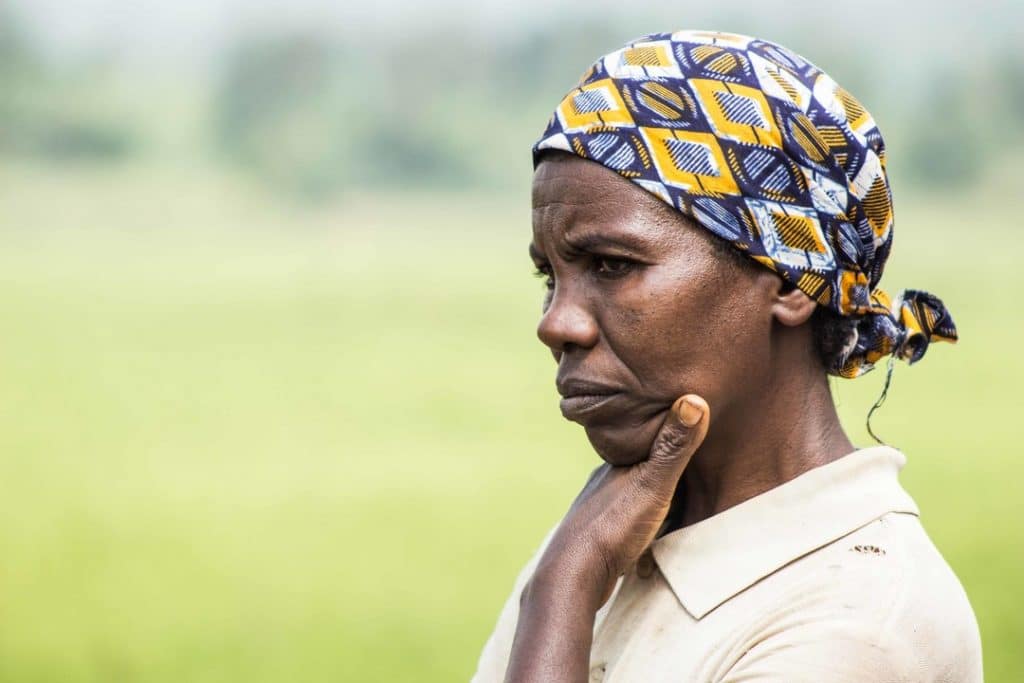
5. Eritrea: Fleeing drought and repression
Largely cut off from the outside world, international media and aid agencies face huge challenges getting into Eritrea to provide relief and get international attention.
A severe drought in 2019 has pushed people to the brink, particularly nomadic pastoralists. Even though wars with neighboring Ethiopia and Somalia ended recently, landmines and internal conflict still pose a significant danger
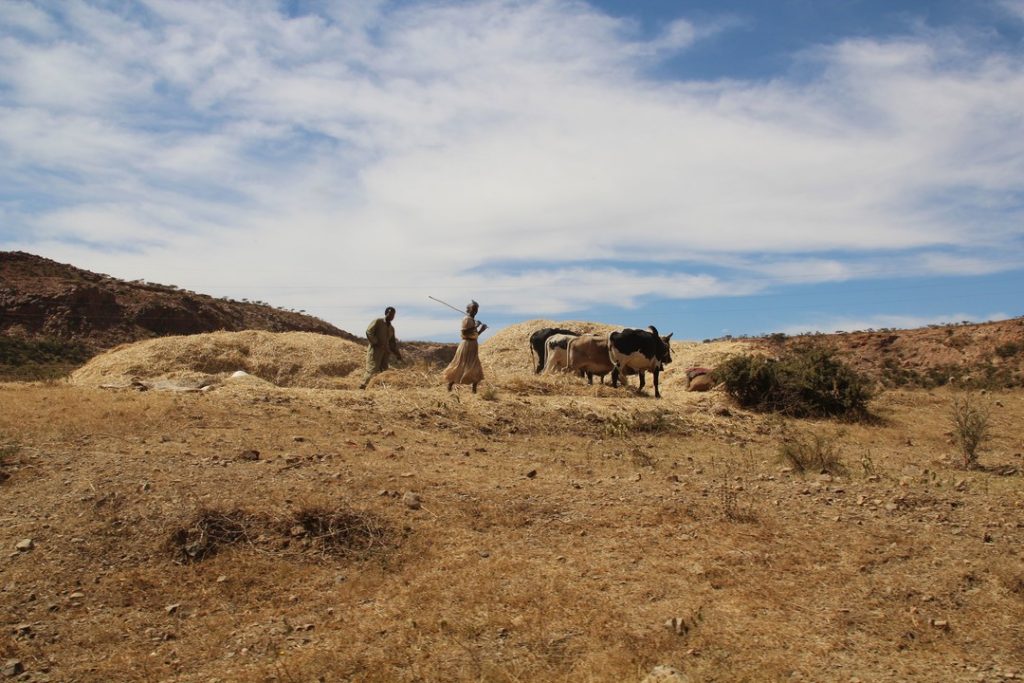
6. North Korea: Hunger behind locked doors
While the political sparring between North Korea and its adversaries often makes headlines, the human suffering inside the country doesn’t.
The UN estimates 43% of people are undernourished, and almost 11 million people need humanitarian assistance. The hunger crisis is often attributed to economic isolation, and climate change is also playing a significant role.
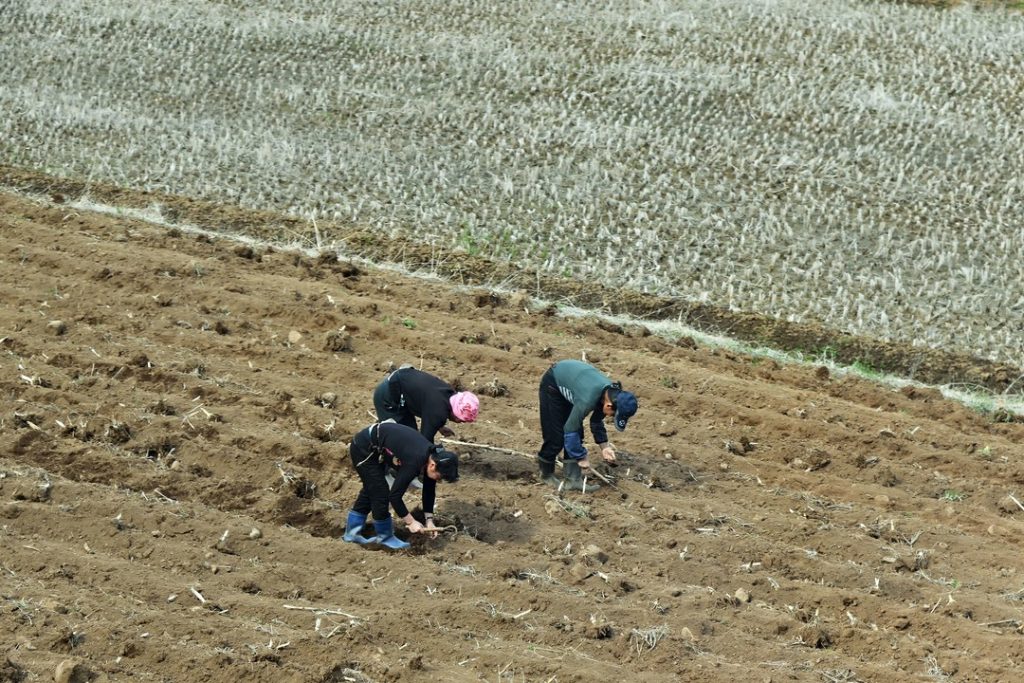
7. Kenya: Trapped in the middle of floods and droughts
In Kenya, farmers eagerly await April and May, as these months bring the “big rains”. But in the country’s west, known for its coffee fields and fertile highland, the 2019 season was the driest on record.
When there is not too little rain, there is far too much – mudslides and floods in late 2019 killed at least 130 people and forced tens of thousands from their homes.
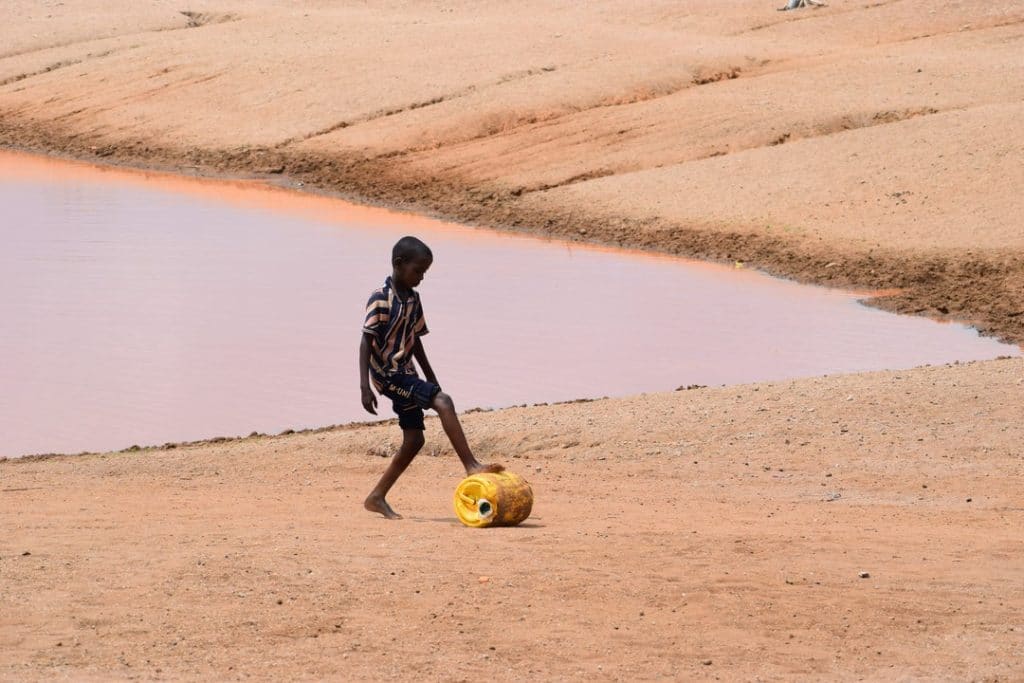
8. Burkina Faso: A silent humanitarian catastrophe
For some residents of Burkina Faso, in West Africa, the fear of attacks by armed groups is a daily reality.
Sixty-year old Djenaba Diallo (pictured) lost two of her sons when her village was raided. Now she lives in a tent with 50 others, and fears for the safety of family members who are unaccounted for. The security situation in the region has been deteriorating since late 2018.
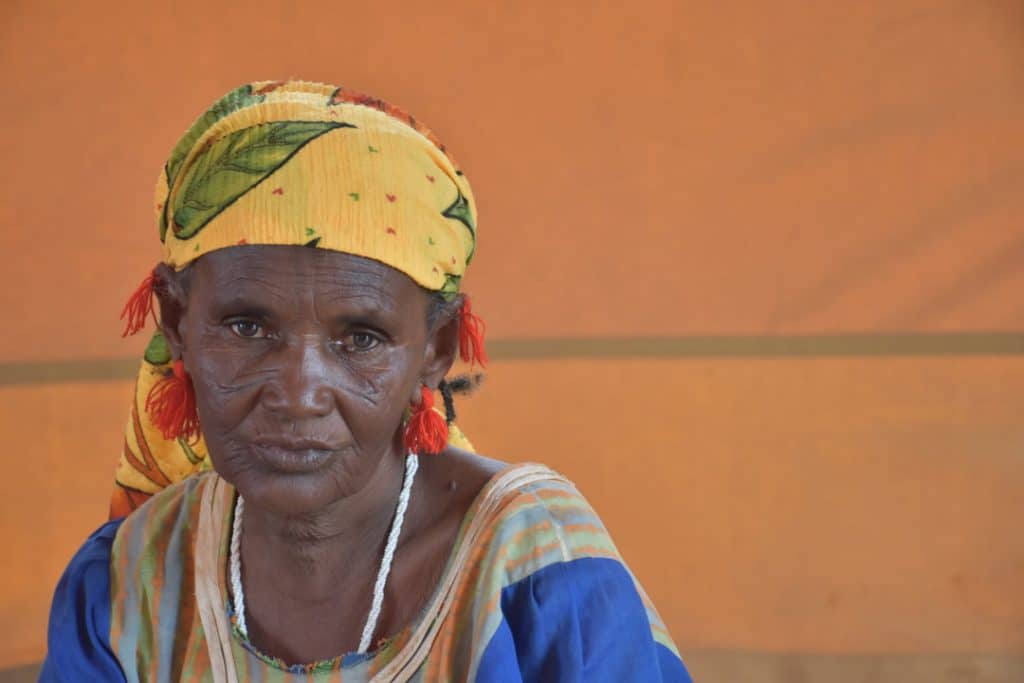
9: Ethiopia: A vicious cycle of disaster, hunger and displacement
Ethiopia faced many challenges in 2019. There was drought and flooding in parts of the country, and fighting between different ethnic groups has forced millions of people from their homes.
As a result, almost 8 million people are seriously malnourished, particularly pregnant women and new mothers, infants and the elderly. Nooria Ibrahim (pictured) is approaching her due date and is underweight.
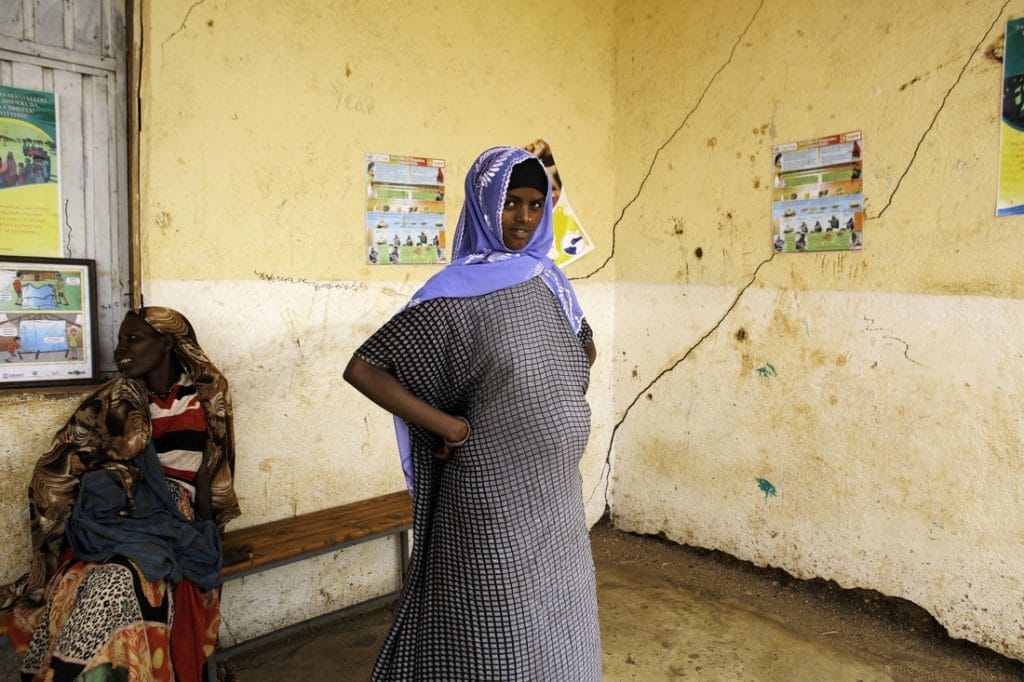
10. Lake Chad Basin: Ten years of armed conflict, displacement and hunger
The Lake Chad Basin is an area encompassing parts of Nigeria, Cameroon, Chad and Niger. Ten years of violence in the region – along with sinking water levels in the lake – have lead to a severe humanitarian crisis.
The area is a hotspot for aid worker abductions and killings, making it particularly hard to get help to people in need.
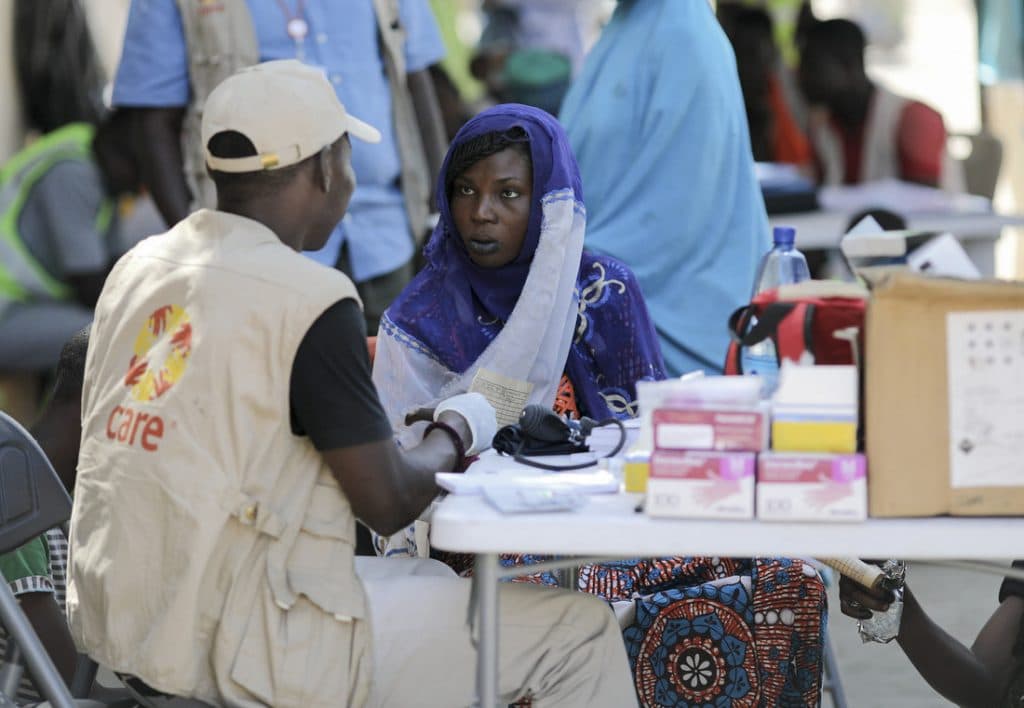
So what can be done?
There is often a direct link between media coverage and the amount of relief funding sent to an emergency. It’s important people’s voices are heard so they can get the help they need.
But this problem is not so simple as pointing the finger at the media for focusing on certain crises more than others. Journalists face many challenges in terms of visas, safety and newsroom budgets. And no one can blame readers and viewers for being interested in the events that are closest to their homes and hearts. Bringing much needed coverage and awareness to these forgotten crises is the reason we write this report.
The 2019 Suffering in Silence report contains recommendations for the media, governments, aid agencies, the public and the private sector. You can also read about past years’ most under-reported crises:
Read the full 2019 Suffering in Silence Report here.
You can support CARE’s work in emergencies
CARE has been responding to emergencies since 1945. When disaster strikes in poor countries around the world, CARE is there. From wars to droughts, cyclones to tsunamis, your donation to our Global Emergency Fund means we can immediately provide lifesaving aid to those in need
Photo credits: Madagascar: Lucy Beck/CARE, Central African Republic: Sebastian Wells/CARE, Zambia: Marshall Foster/CARE, Burundi: Irenee Nduwayezu/CARE, Eritrea: Silvia Di Giovanni, North Korea: Getty Images, Kenya: Edward Richard Ahonobadha/CARE, Burkina Faso: Rakietou Hassane Mossi/CARE, Ethiopia: Josh Estey/CARE, Lake Chad Basin: Josh Estey/CARE.
